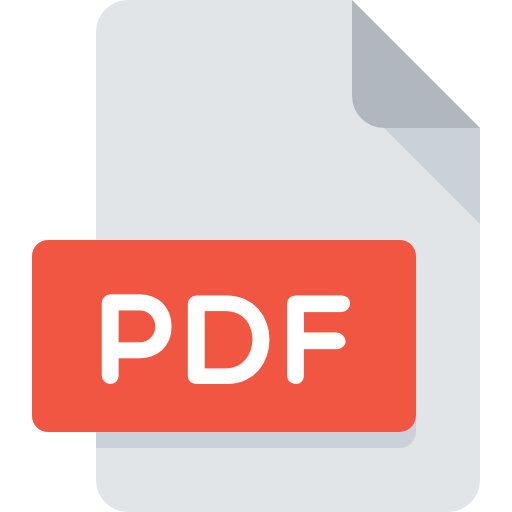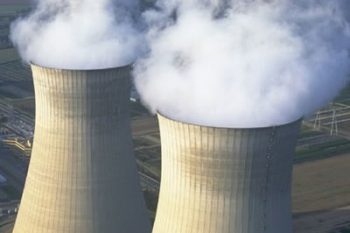 March 2009 • Tribune 24 •
March 2009 • Tribune 24 •
The inability of the Kyoto protocol to significantly curb greenhouse gas emissions and the current economic crisis seem to challenge green policies, shifting attention towards the need to save the economy and job creation. Although several governments are directing their economic recovery efforts towards green jobs and industries, the consequences, in term of unemployment, of the transition period between conventional energy and energy of the future have not been sufficiently assessed. In this context, the author of our tribune, Jean-Pierre SCHAEKEN WILLEMAERS, a specialist of energy resources in the academic as well as the industrial fields and a member of the Advisory Board of the Thomas More Institute, is now addressing the issue of reliability of the sources of energy, starting with electricity generation. The objectives of this analysis is, without any preconceived answer, to assess (and quantify) the strengths and liabilities of nuclear power in comparison with different types of power generation. Such assessment is considering together cost, availability and environment impact. This tribune is part of a larger research program on European energy issues initiated by the Institute over two years ago under de leadership of the author of the present article. This program covers both EU’s internal energy matters such as the questions of the security of supply and energy mix, and broader geopolitical energy issues.


